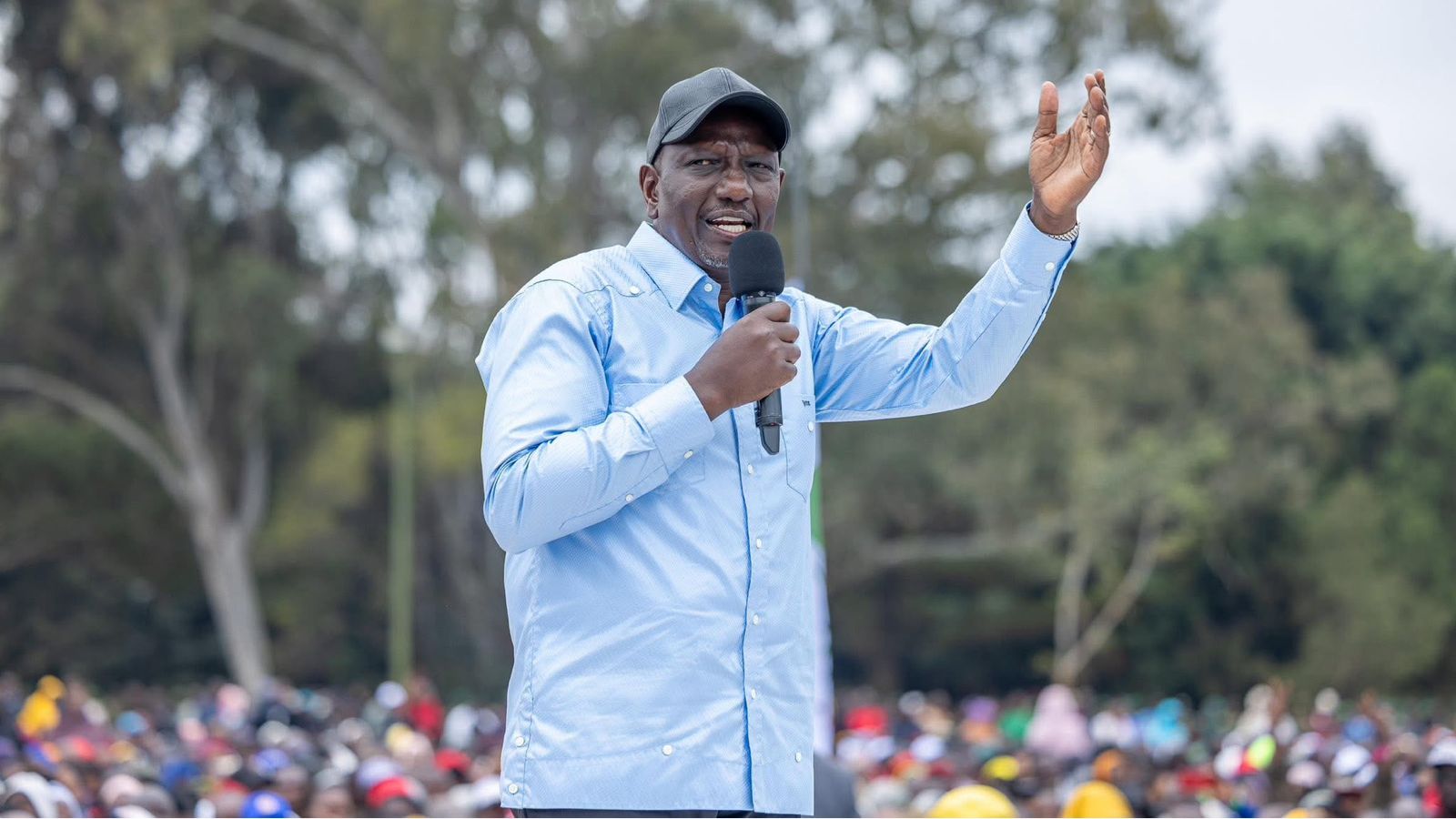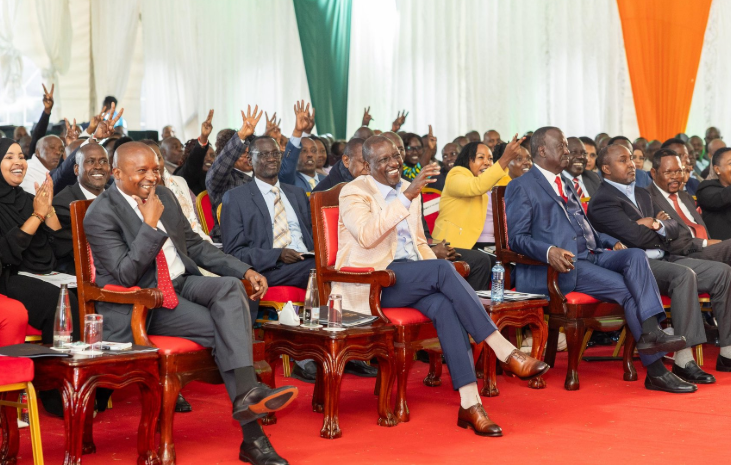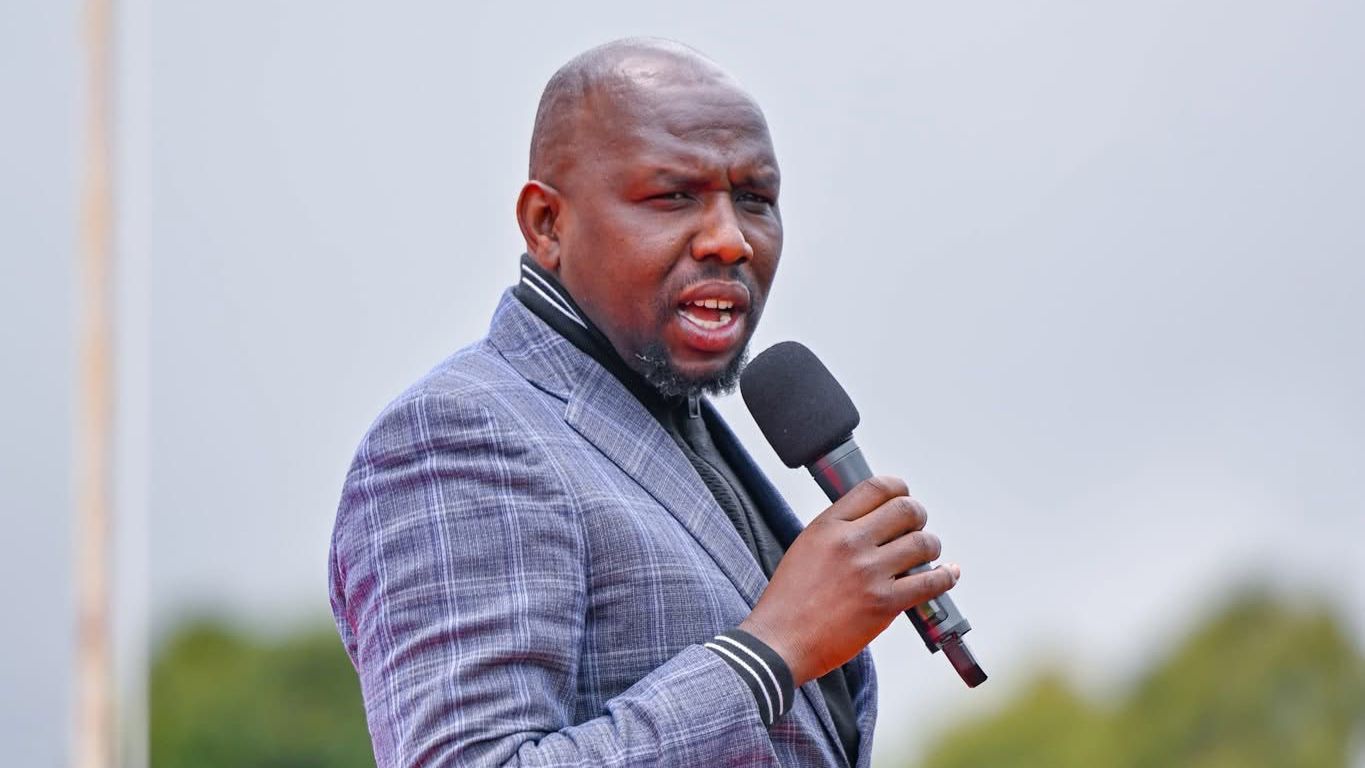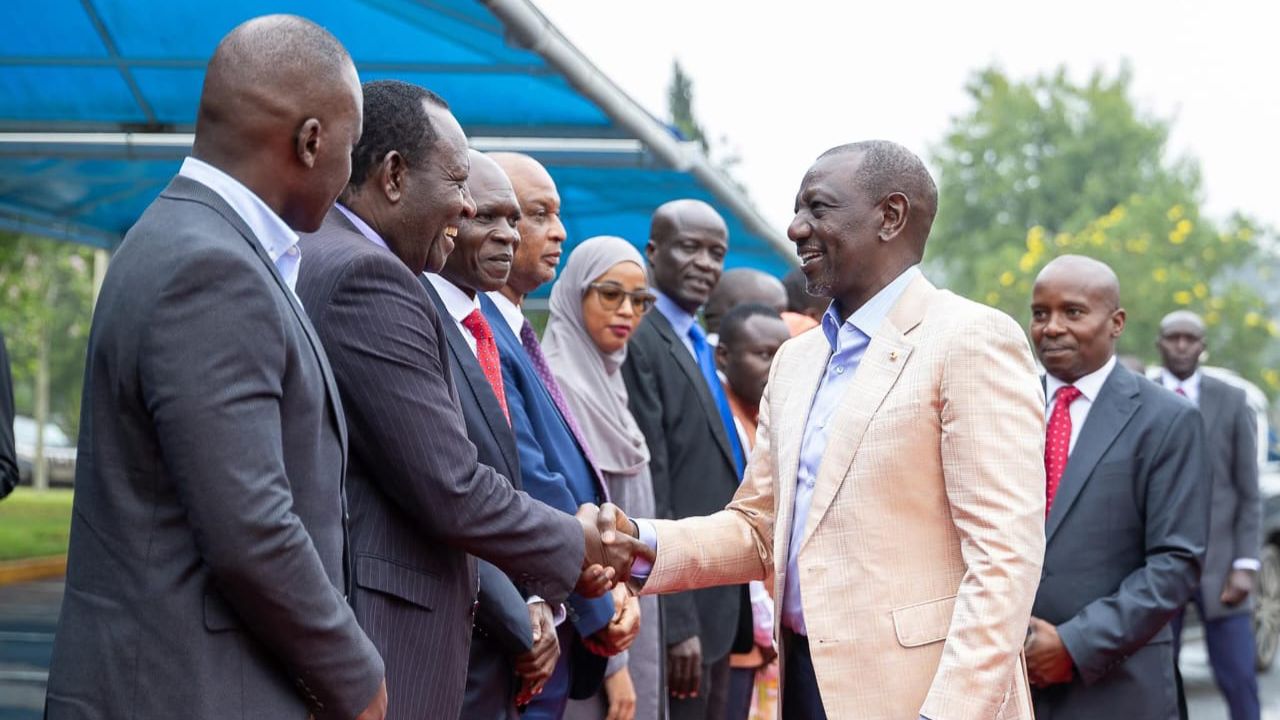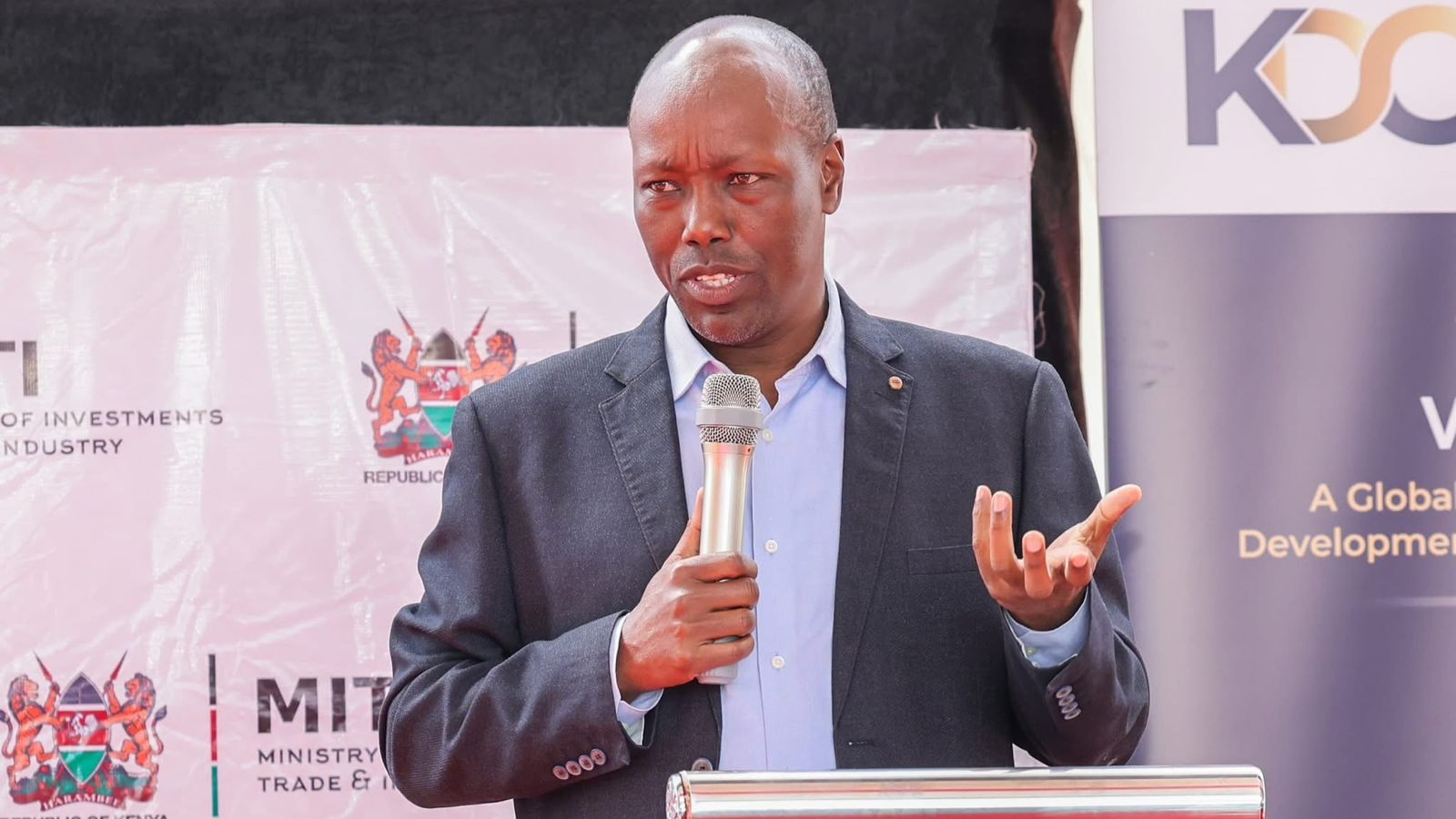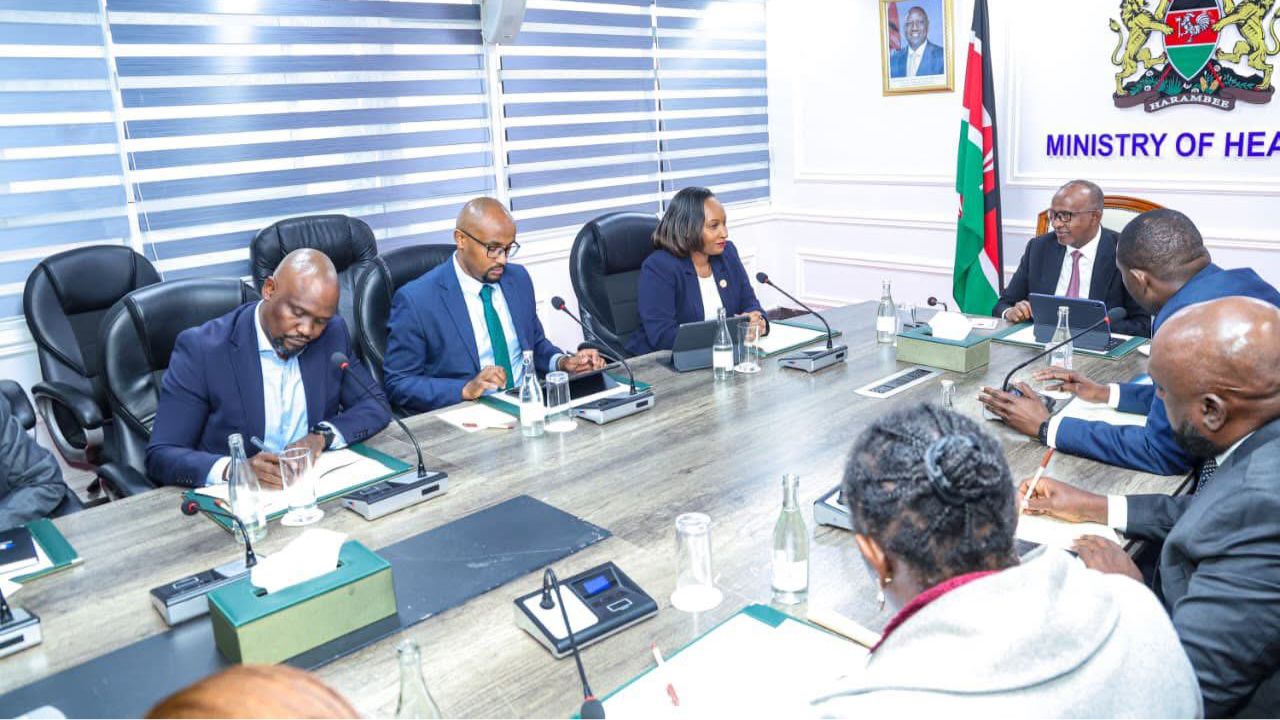President William Ruto now says the challenges he is facing as Head of State are self-imposed.
Speaking on Monday during a joint Parliamentary Group meeting of Kenya Kwanza and Orange Democratic Movement (ODM), Ruto said his move to implement a new university funding model, the Social Health Authority (SHA), and affordable housing made him unpopular.
“The difficulties that I face today as a President in Kenya are self-imposed. I imposed on myself all these difficulties, implementing the new funding model, implementing SHA, implementing housing, doing all those things,” said Ruto.
According to the President, he would have remained popular in the country if he had not pushed for the reforms.
“If I hadn’t done any of those, I would be a very popular person, but the country would not have moved anywhere,” Ruto added.
Read More
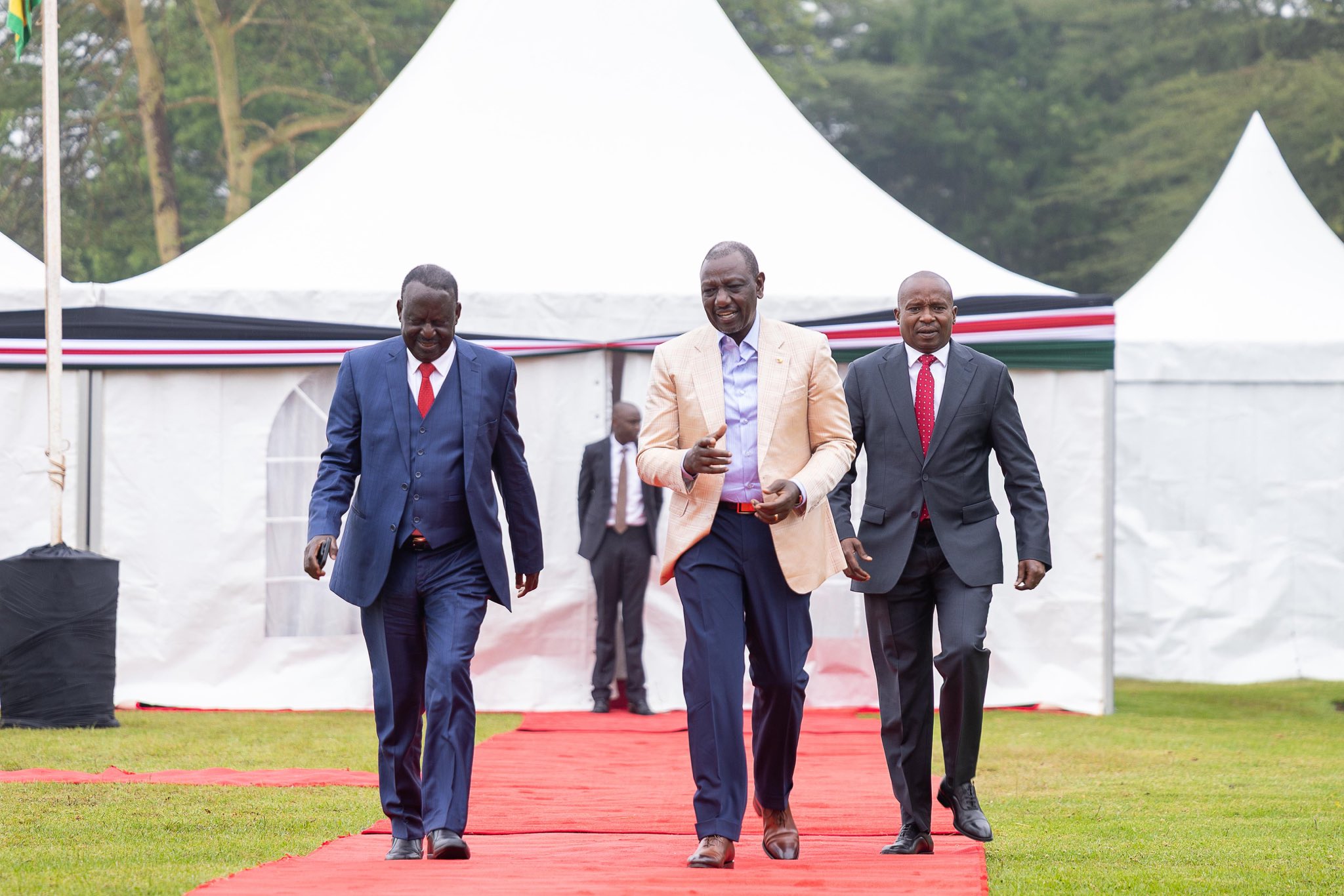
The Head of State went on to say that even ODM Leader Raila Odinga would have introduced the reforms if he had won the 2022 presidential elections.
“I am confident that if Raila would have become president, he would be doing what I am doing. He would be implementing SHA, affordable housing, education reforms, and reforms in agriculture. I know that for a fact because I have been in his school of leadership,” Ruto remarked.
President Ruto emphasized that the reforms he introduced are necessary for the country to steer forward.
Over the last year, the Head of State’s approval rating among the members of the public has remained low.
TIFA Research survey on May 28 revealed that 75 percent of Kenyans believe that the country is headed in the wrong direction.
According to the poll, only 14 percent of Kenyans believe the country is on the right trajectory, while 2 percent are not sure.
On the other hand, 9 percent of Kenyans believe that the country is neither headed in the right direction nor the wrong direction.
“Asked about the country’s current direction, a sizeable majority of Kenyans believe that it is ‘wrong’ (75%), five times more than the fewer than one-fifth of a contrary (positive) view (14%). This leaves the remainder either with no clear opinion about this reality or who are unwilling to express one (9% + 2% = 11%),” the report stated.
